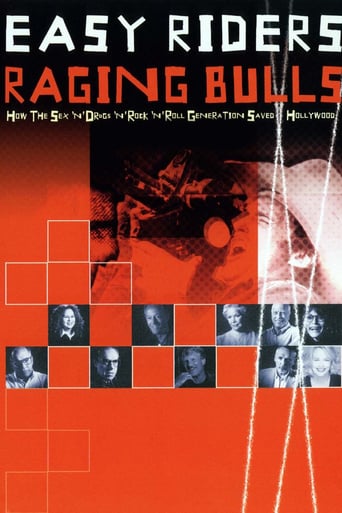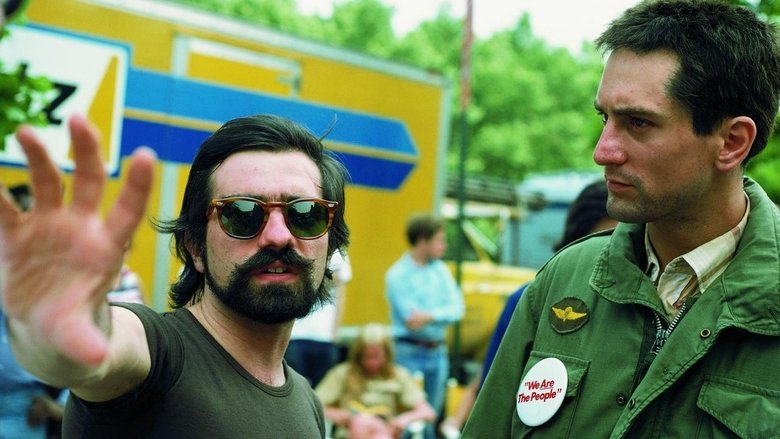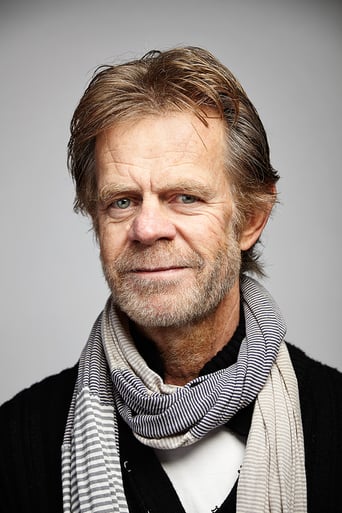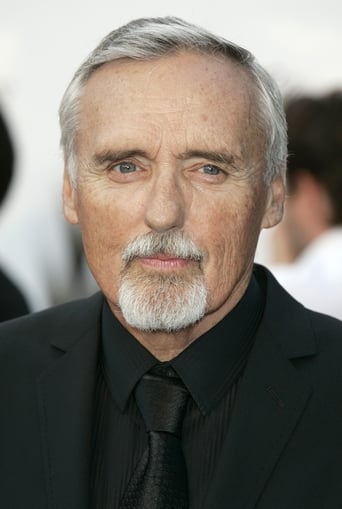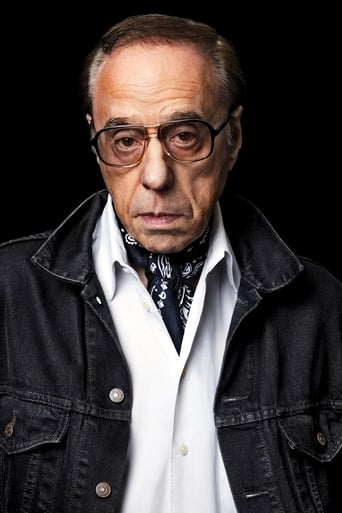Easy Riders, Raging Bulls: How the Sex, Drugs and Rock 'n' Roll Generation Saved Hollywood
Easy Riders, Raging Bulls: How the Sex, Drugs and Rock 'n' Roll Generation Saved Hollywood (2003)
A look at 1970s Hollywood when it was known as New Hollywood, and the director was the star of the movie.
Watch Trailer
Cast


Reviews
This documentary spans a period from about 1960 to 1980. The traditional Hollywood system was quickly crumbling--brought on by some incredibly expensive flops, such as "Cleopatra". And, because television had taken away from the film business so much, profits were way, way down. In reaction against the past and to help them out of financial meltdown, the studios turned their eyes to a whole new breed of filmmakers--folks who were making films that were little like the films of old. Now the new auteurs were the boss-- and in many cases they were wildly successful and in a few others they became the victims of their own egos and lifestyles. The film features tons of interviews with various Hollywood experts and craftsmen. While I agree with some of the folks who have reviewed this documentary that many of the films mentioned in the documentary are way overrated, I cannot help but admire the overall quality of the film. It is slickly made, has exceptional graphics and is clearly a work of love. Well worth seeing--particularly if you consider yourself a film buff or expert on the medium.
After 20th Century-Fox's "The Sound of Music" raked in big box-office and Academy Awards, every Hollywood studio was busy for the next couple of years trying to duplicate its success (it isn't specified here, but Fox itself was one of the hungriest at pilfering from this genre). Unfortunately, "The Sound of Music" was really the end of the popular, old-fashioned, break-out-in-song Hollywood movie, giving way to the rebellious counterculture. Seen as a major turning point--and released before "Bonnie & Clyde"--"The Wild Angels", a Roger Corman biker flick from A.I.P. (which came out one year after "The Sound of Music"), signaled a change in perceptions. The studio system was breaking down and actors were no longer on contract (since the youth movement didn't exactly want pretty stars). Most young, hungry American movie makers of this period took their cues from the European directors of the early '60s, and this documentary chronicles their battles with the ever-present Hollywood regime into getting their avant garde movies made, marketed and released. Most of the movers and shakers from the past are here, looking quite good, and their recollections from this fertile period for thought-provoking entertainment are fascinating. The downfalls (the drugs, the egos) are documented in a matter-of-fact way, nobody is chastised or condescended to, as the rise of the summer blockbuster (Steven Spielberg's "Jaws") heralded the weakening of the character-driven drama. This film does make it seem as if the smaller, more personal Hollywood motion picture is completely dead now, but fails to take into consideration terrific films like "Sling Blade" or "Monster's Ball" which, high profile or not, give serious movie-fans hope for the future. But as a chronicle of this golden era, "Easy Riders, Raging Bulls", narrated by William H. Macy, is fairly straightforward, mostly accurate, very entertaining, and a great tool for film buffs who weren't privileged to have been there. *** from ****
A documentary like Easy Riders, Raging Bulls should be the kind of documentary I should like more. It is chock full of interviews and choice information about the time period (60's-70's) in American cinema that changed everything, for a lot better and some for not. But there are a couple of problems that become inherent. If you have read the book which spurred on the documentary by Peter Biskind (also author of Down and Dirty Pictures, a book about the 90's independent film movement), it's kind of like reading a masterpiece in the trashiest sense. There is a lot more in-depth information in the book, however much of it at the personal expense of the filmmakers, writers, producers, and others that are written about (a good deal with gossip, interestingly enough on the special features of the DVD some of the interviewees speak out against the falsities in the book, Paul Schrader being one of them). The other problem is that the same year this documentary was released on Spike TV (then later to DVD, which is where I saw it), there was the great documentary in the similar, more satisfying vein, A Decade Under the Influence. It might be unfair to compare the two, however if one were wanting in the first place to get a video history- by way of movie clips and interviews- about the years that changed movies a generation before, I would go for 'Decade' due to it's more obscure film clips, and a few more revealing and insightful interviews.In fact, over half of the people in one documentary are also in the other, like Dennis Hopper, Paul Schrader, Peter Bogdanovich, Ellen Burstyn, Roger Corman, and Monte Hellman among others. It's not that this documentary in and of itself is not insubstantial. On a base level you get the lowdown, about how as Hollywood's studio system was on the decline, filmmakers who were coming up in Corman's enclave (Coppola, Hopper, Bogdanovich, even Scorsese), along with some other key outsiders, infused European ideals into their personal statements, making great art and some money in the process. On the level of just giving forth the information, it's not a bad telling of tales, and has a couple of interviews I wasn't expecting. But, again, my sense of proportion was out of place; I could sense that the doc, much like the book, was more interested in some of the more 'seedy' details (i.e. the stuff about Julia Phillips, or Bogdanovich, which is practically a quarter of the book) than in the actual cinema-contexts of the work. You also don't hear as much about the power of the influence on the filmmakers, which was an appeal of 'Decade'. It's not too tough a call to make, and if you've seen 'Decade' before 'Easy Riders Raging Bulls' you may agree. I liked it, but it's not saying much when the book, which itself was readable mostly for the sake of history (some worthwhile, some not), was better.
"Easy Riders, Raging Bulls" is an orgy for movie lovers. How can anyone who loves film not be in heaven at the constant parade of landmark films and key industry figures that charges across the screen in this fast-paced documentary? If you've read the book, the movie will feel cursory, and one will find himself wishing for more detail, more insider stories. There are curious omissions here, and wonders if Bowser structured his content based on who he could get to agree to interviews. Altman is hardly mentioned, Scorsese (who shows up everywhere talking about movies) is not interviewed, and Kubrick isn't mentioned at all (save for one shot of the "2001" poster). Still, what's there is great, and if you're like me, you'll be left with a twinge of sadness that such a rich time in film artistry seems to be gone forever.Grade: A-

